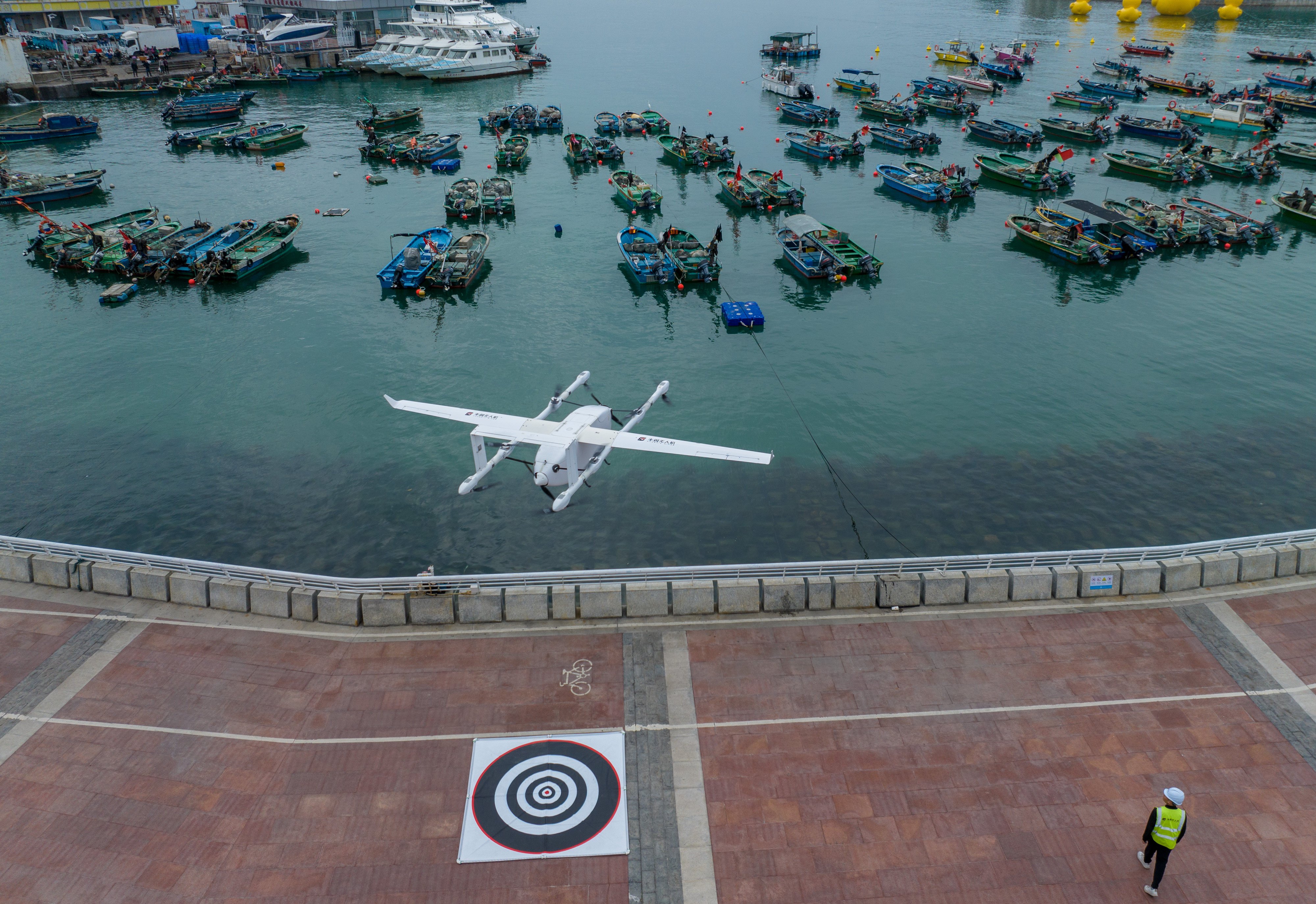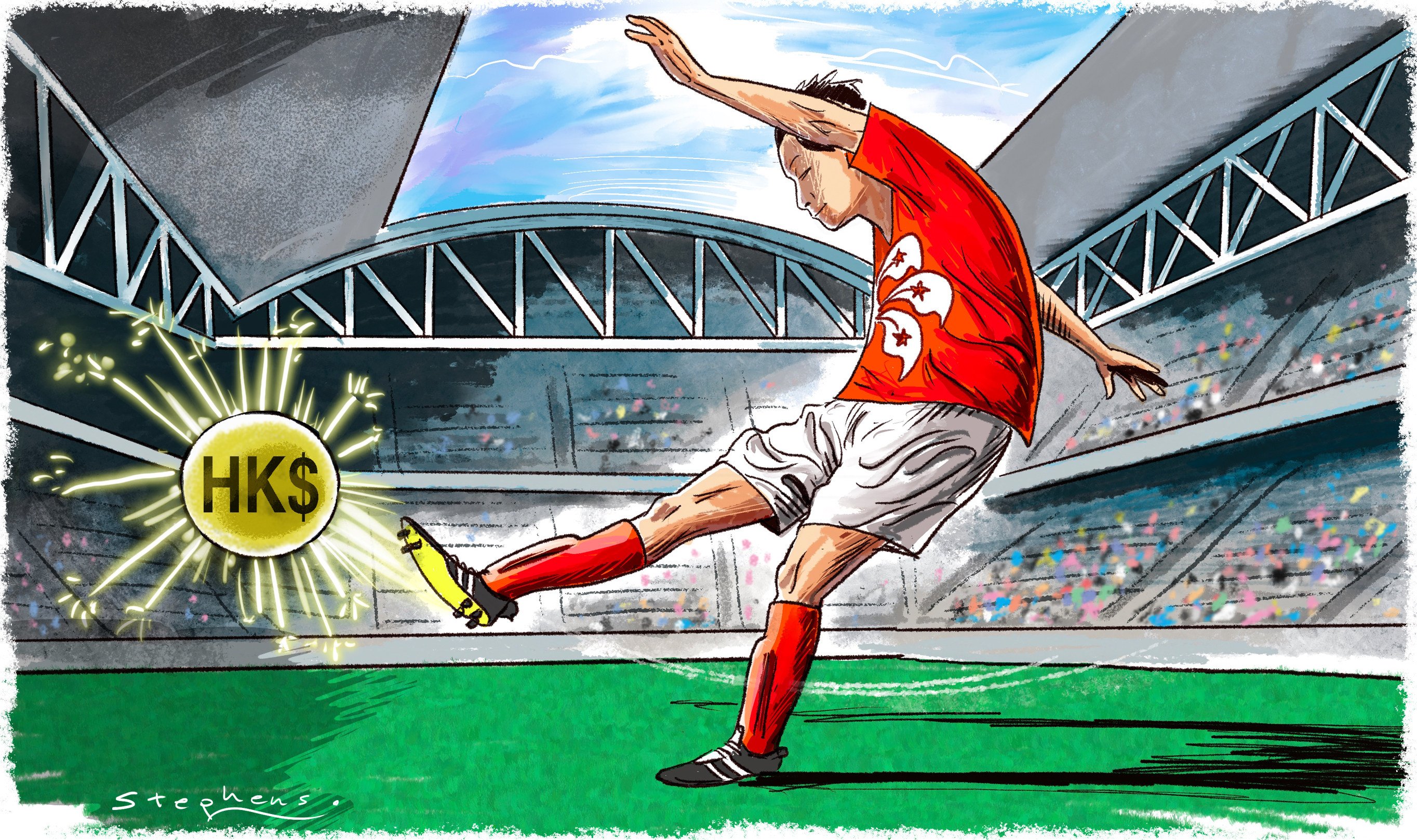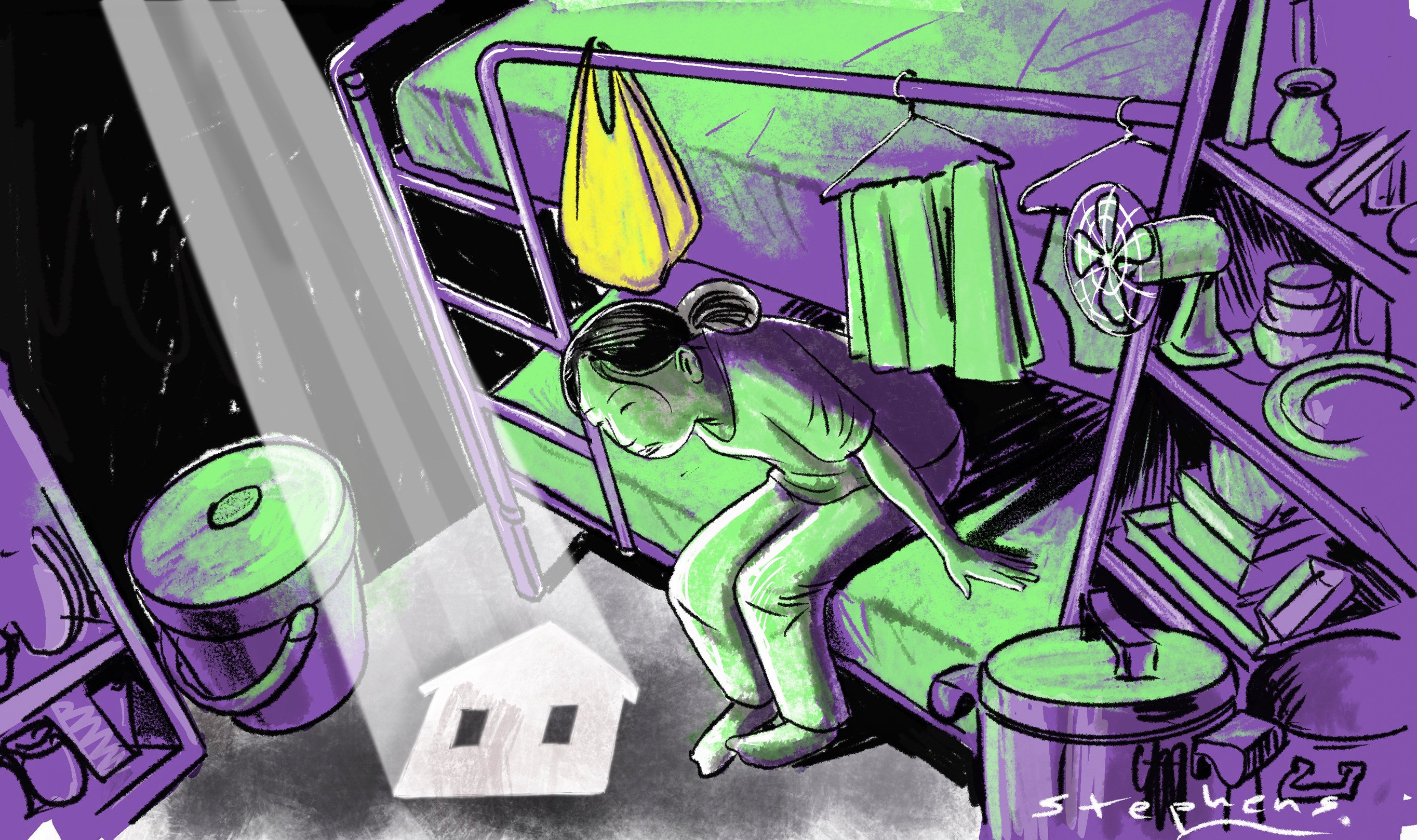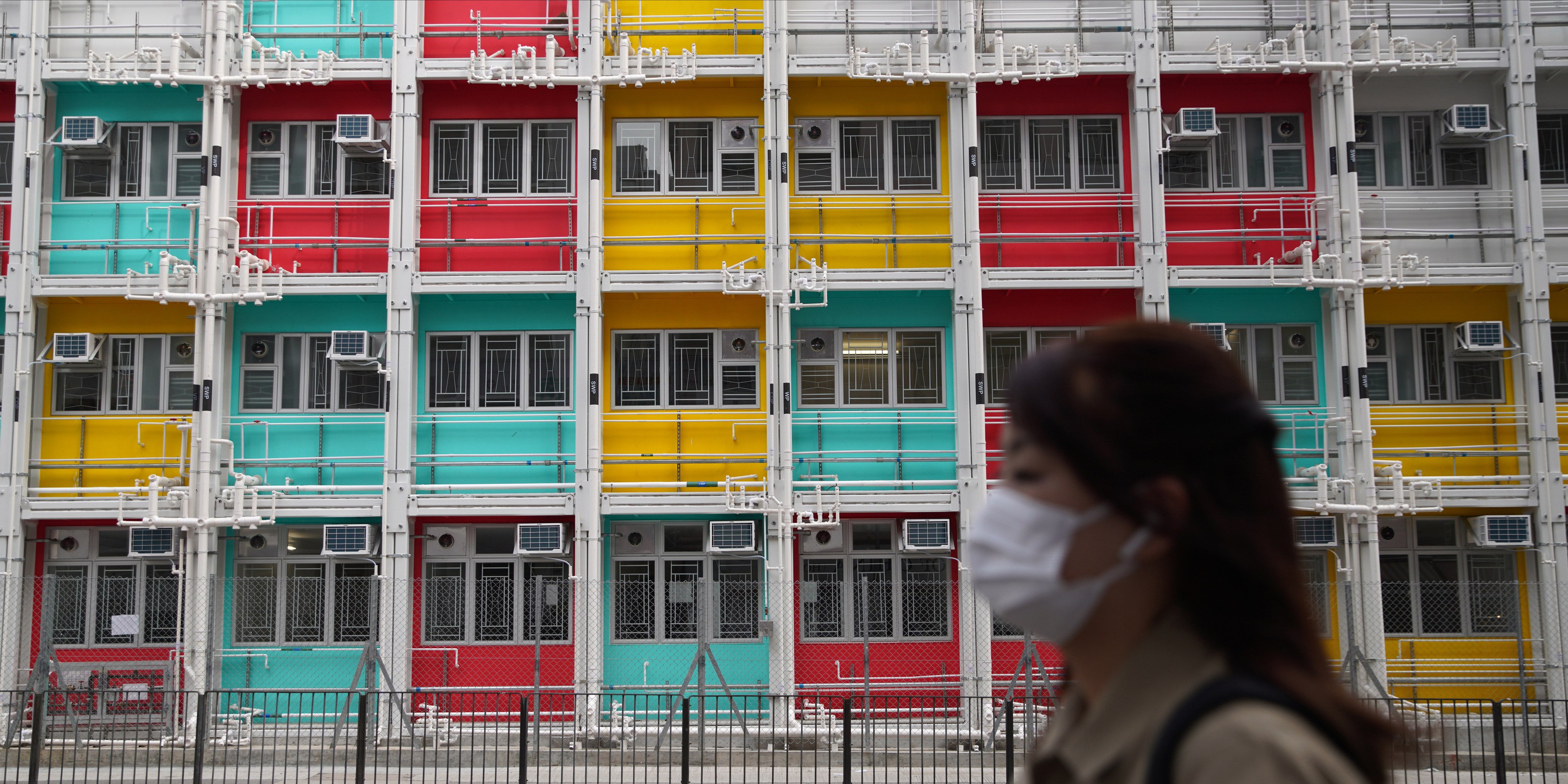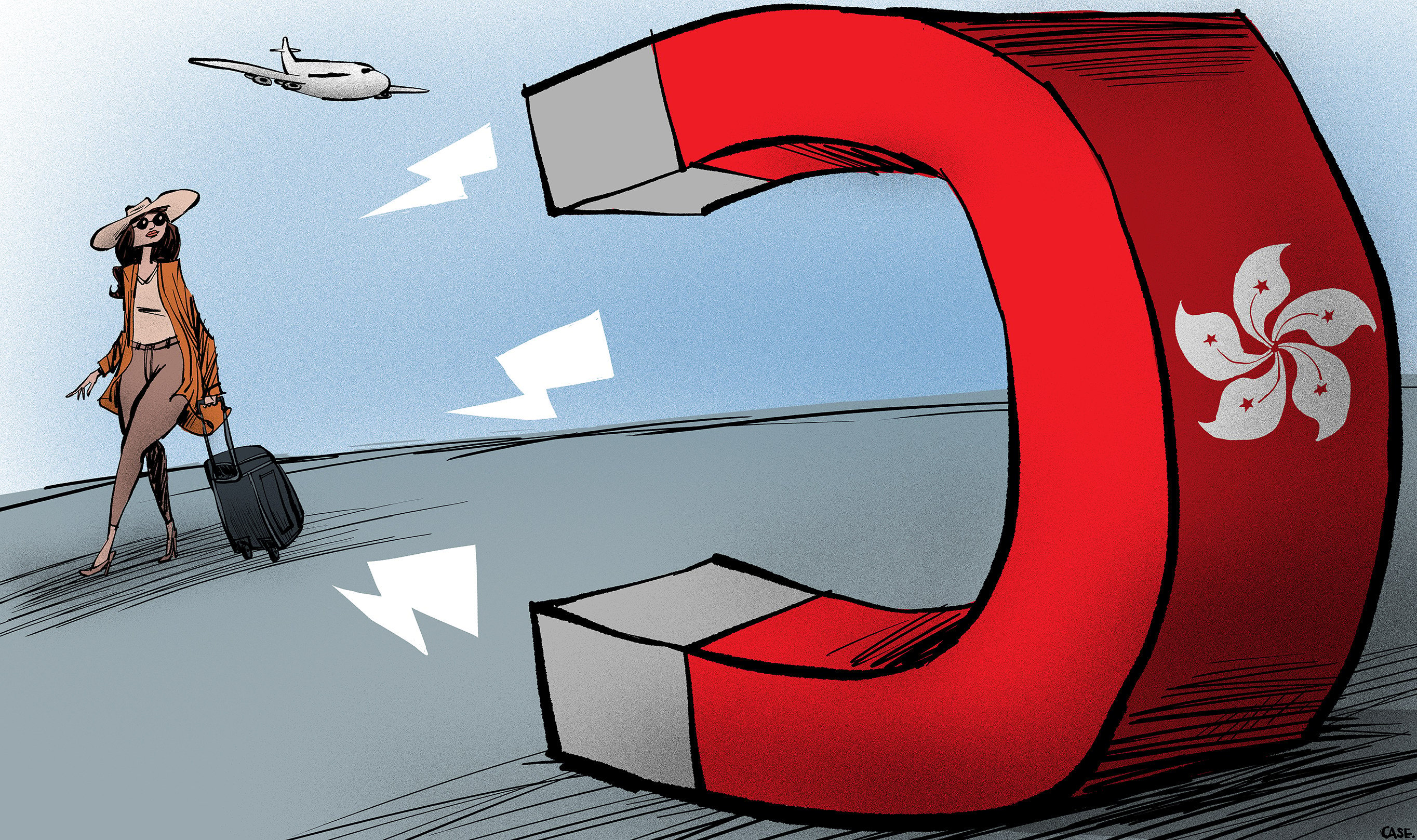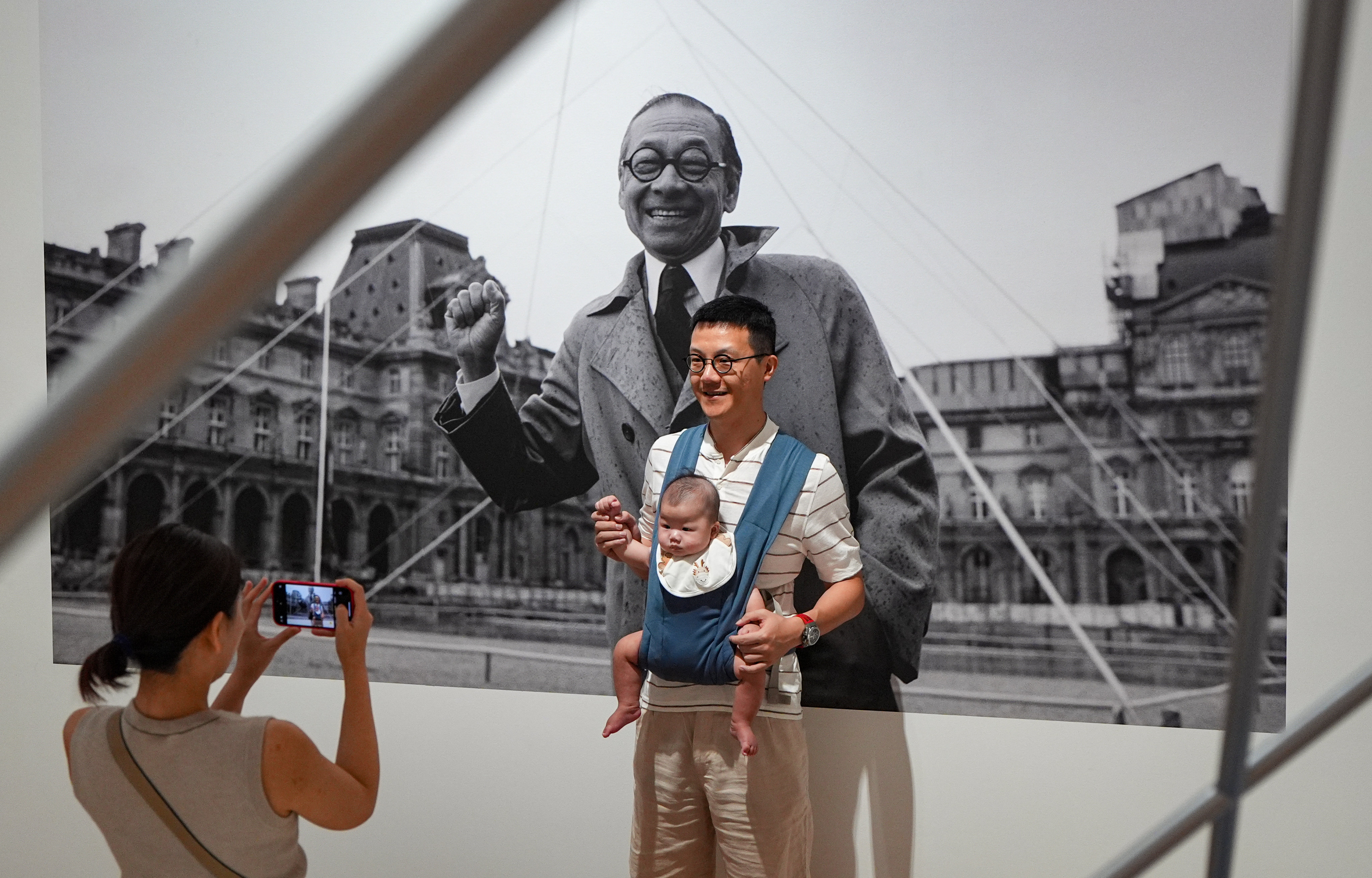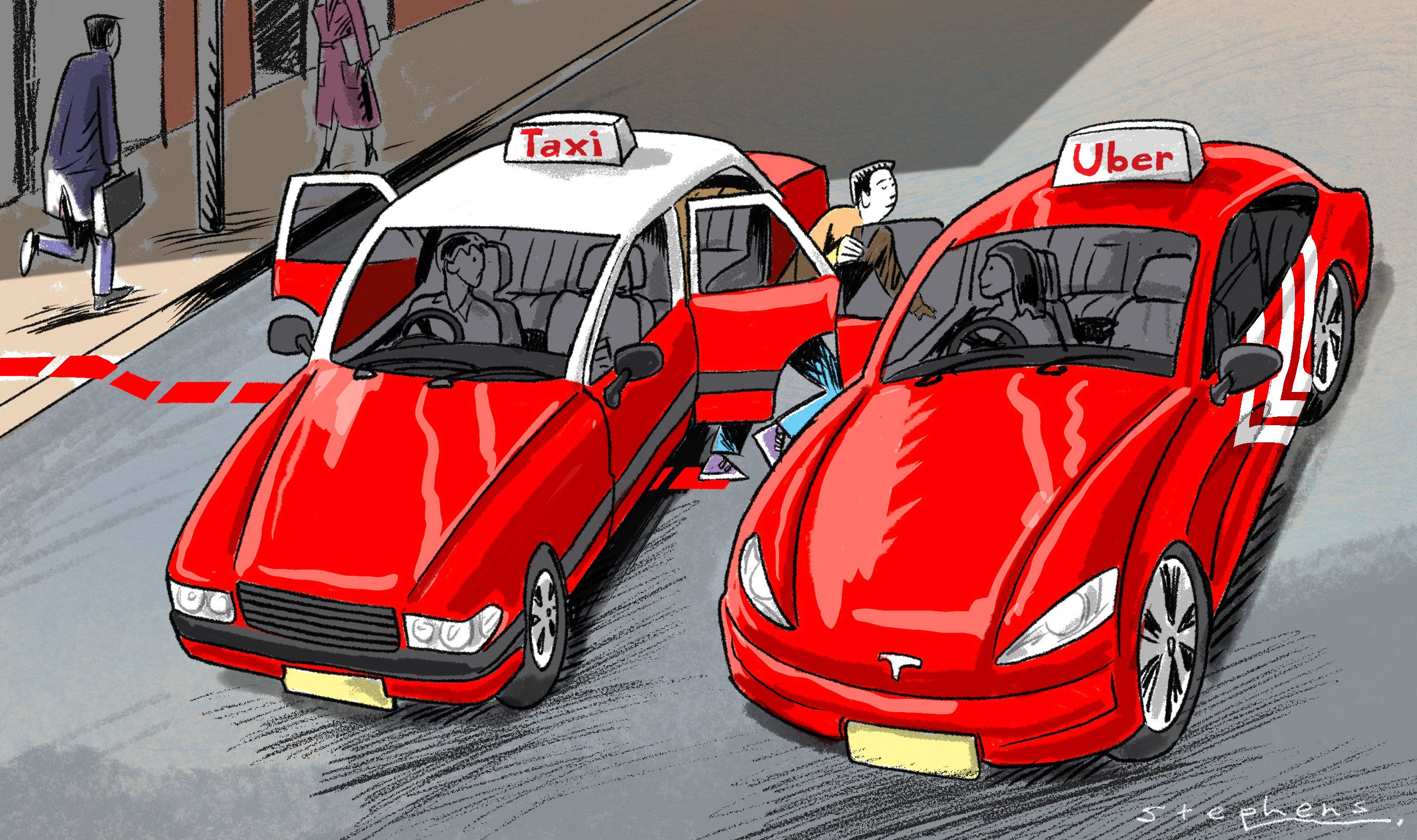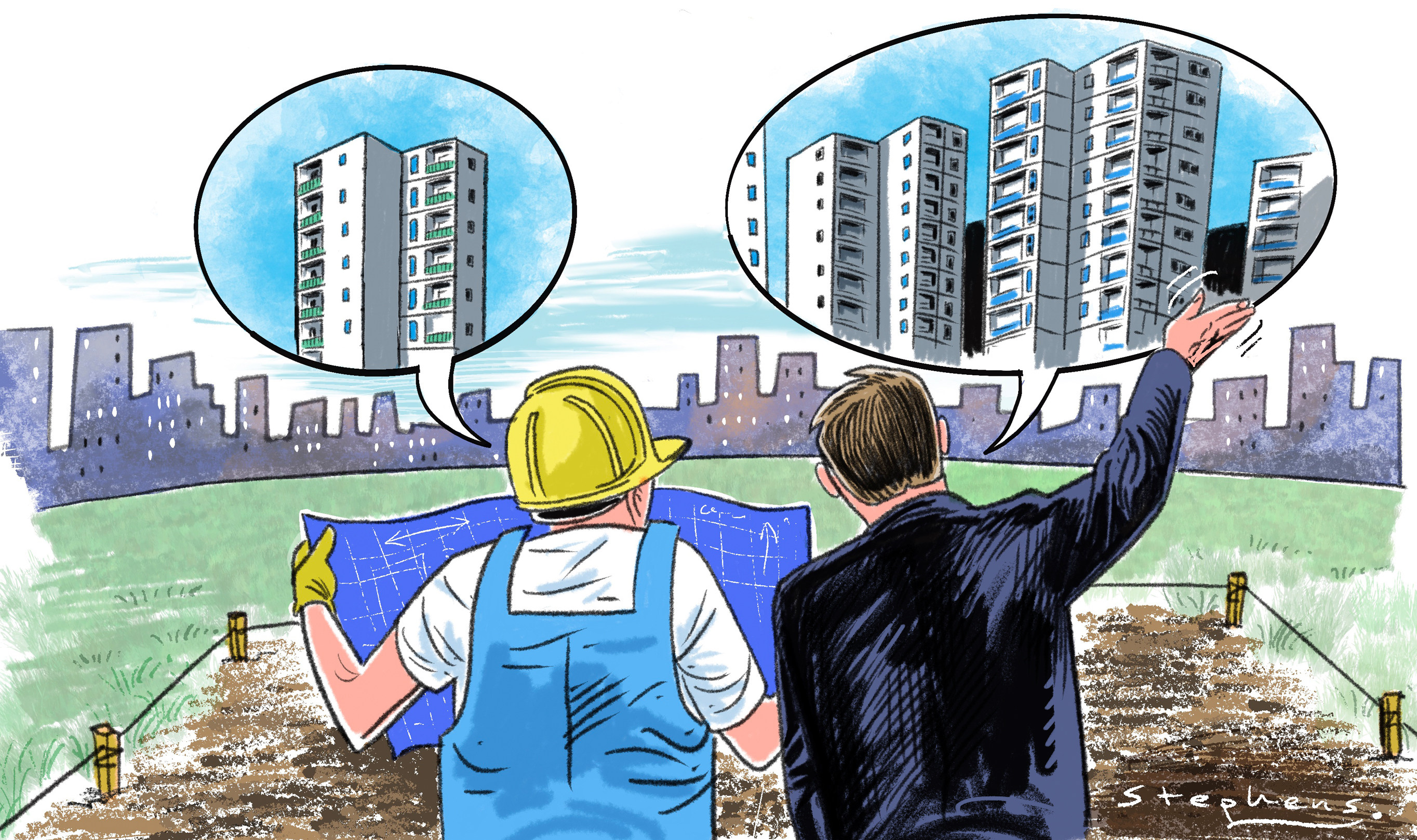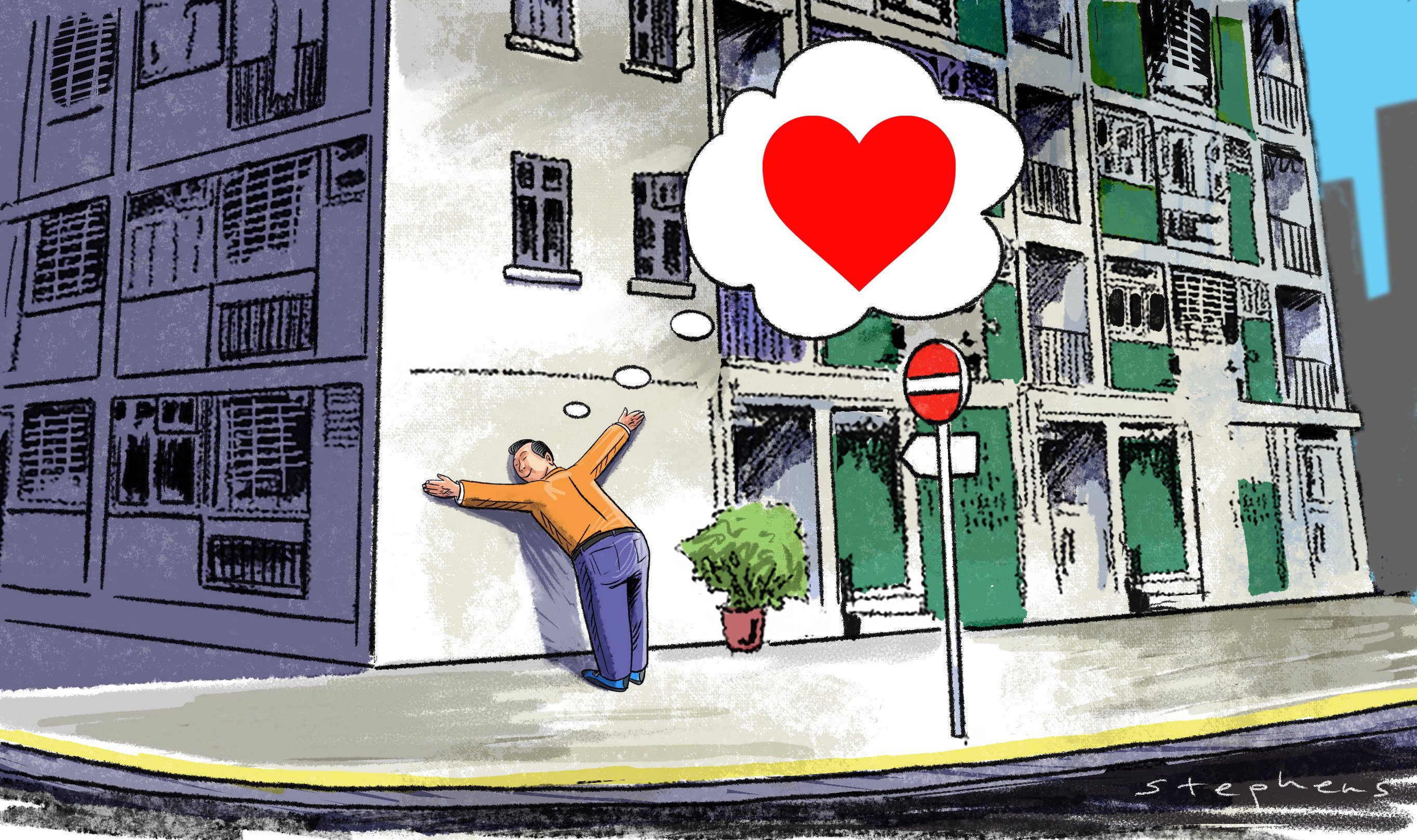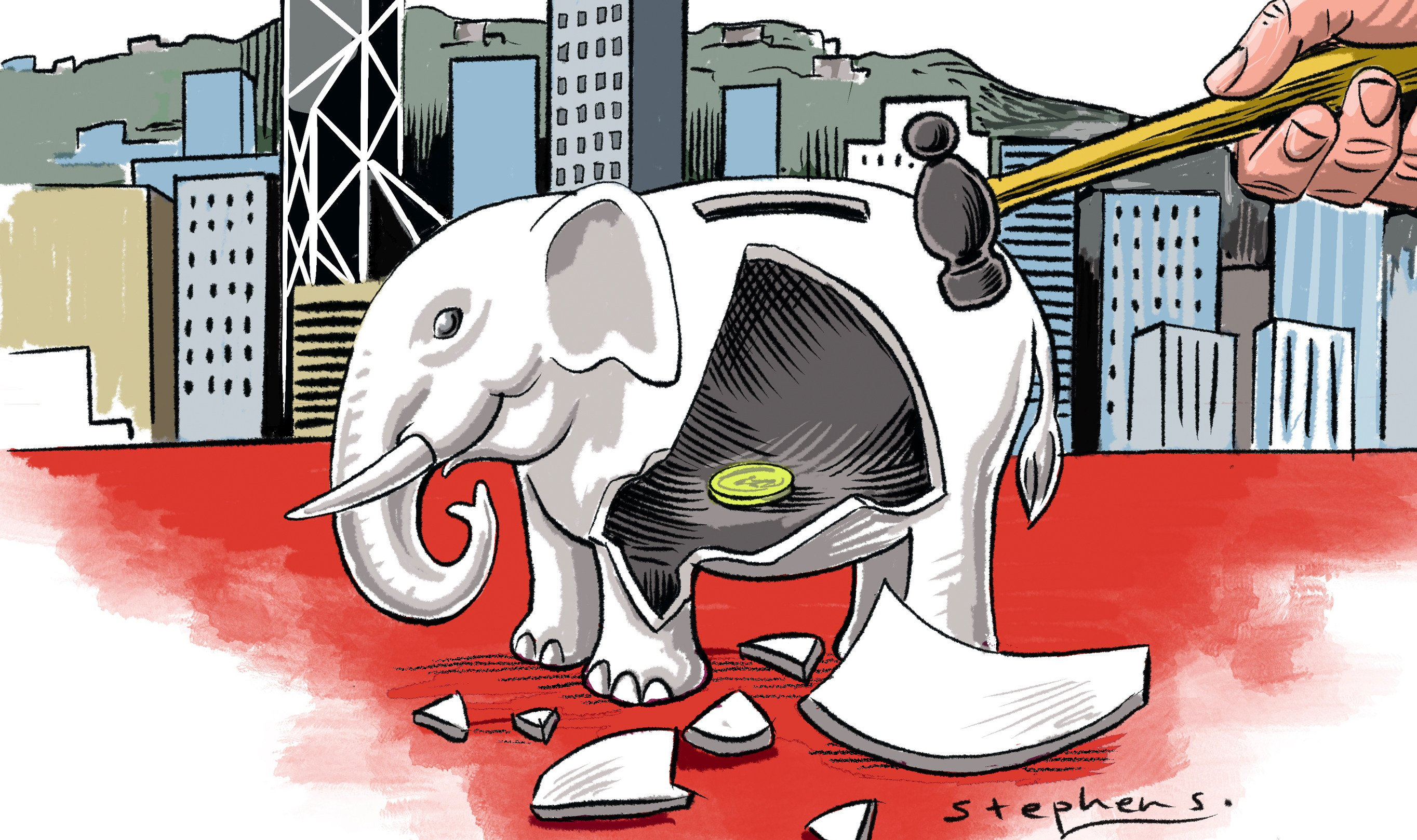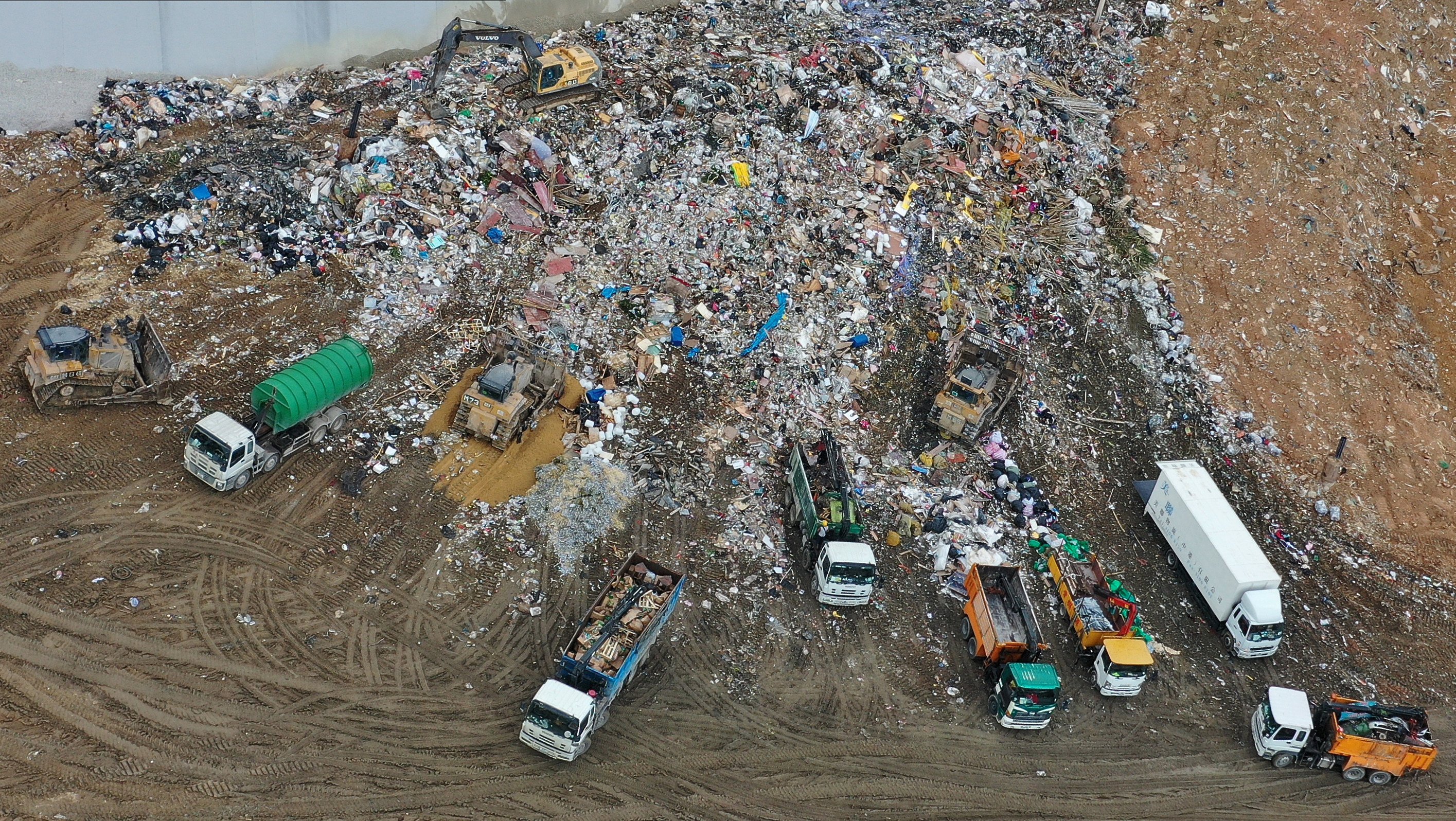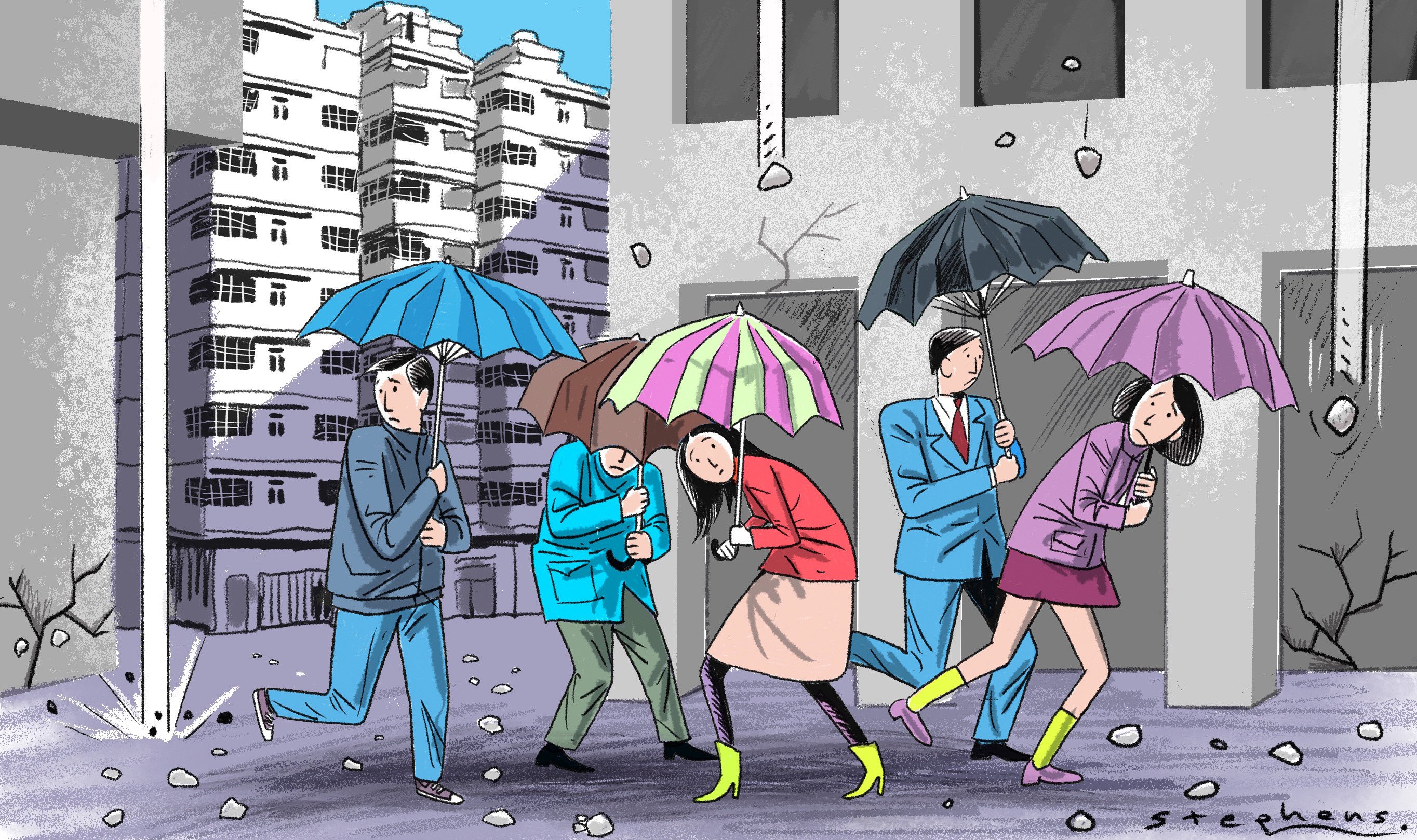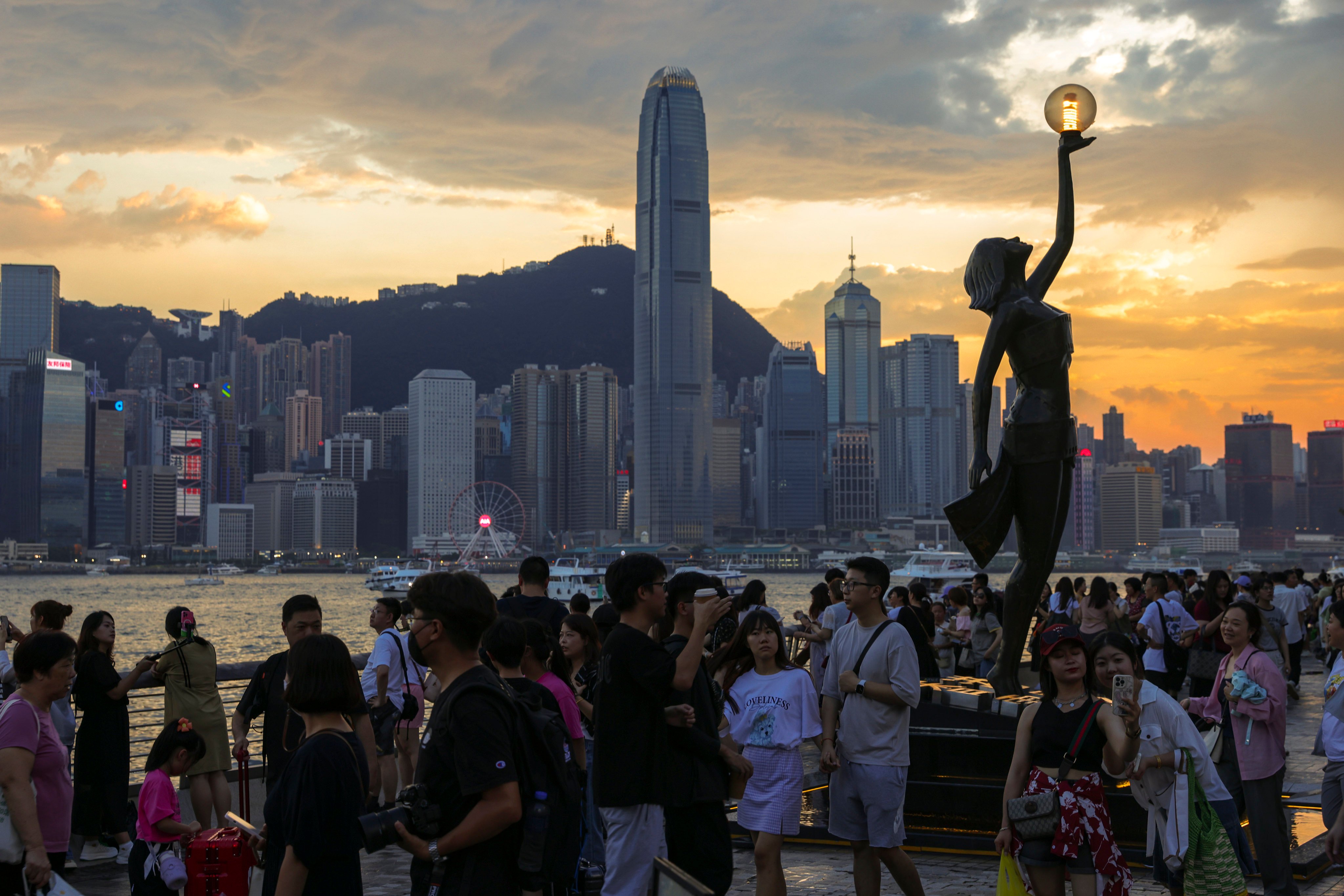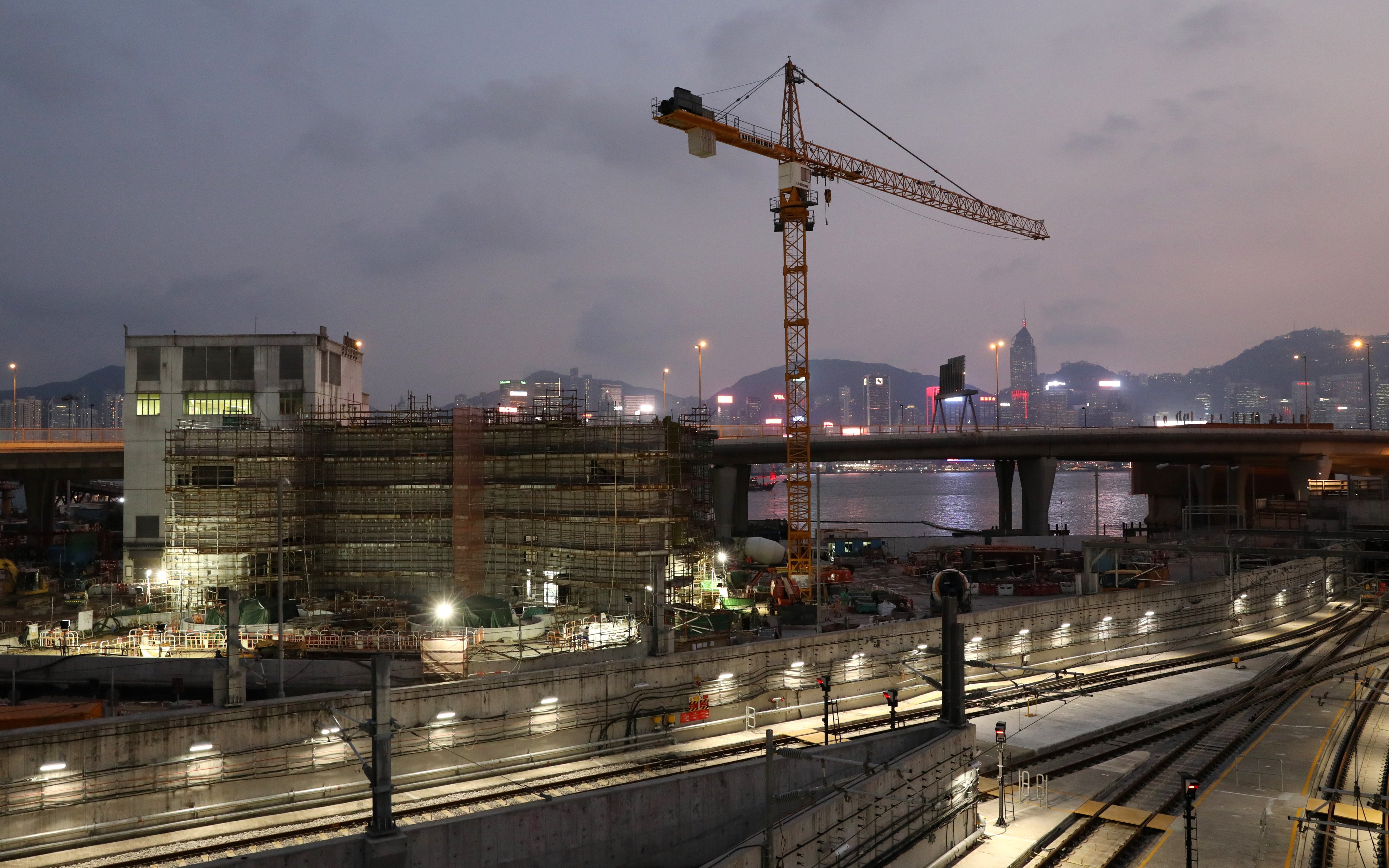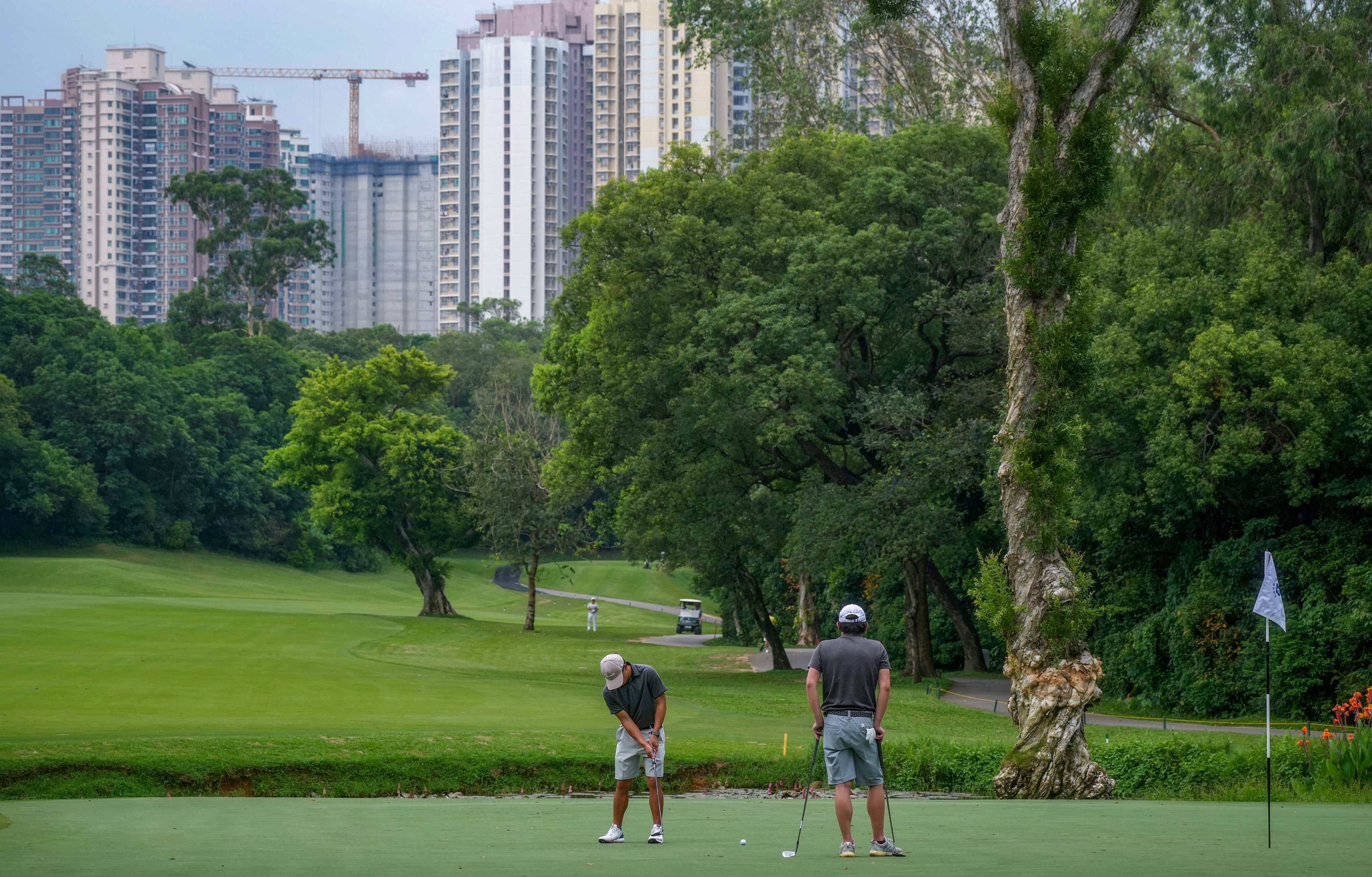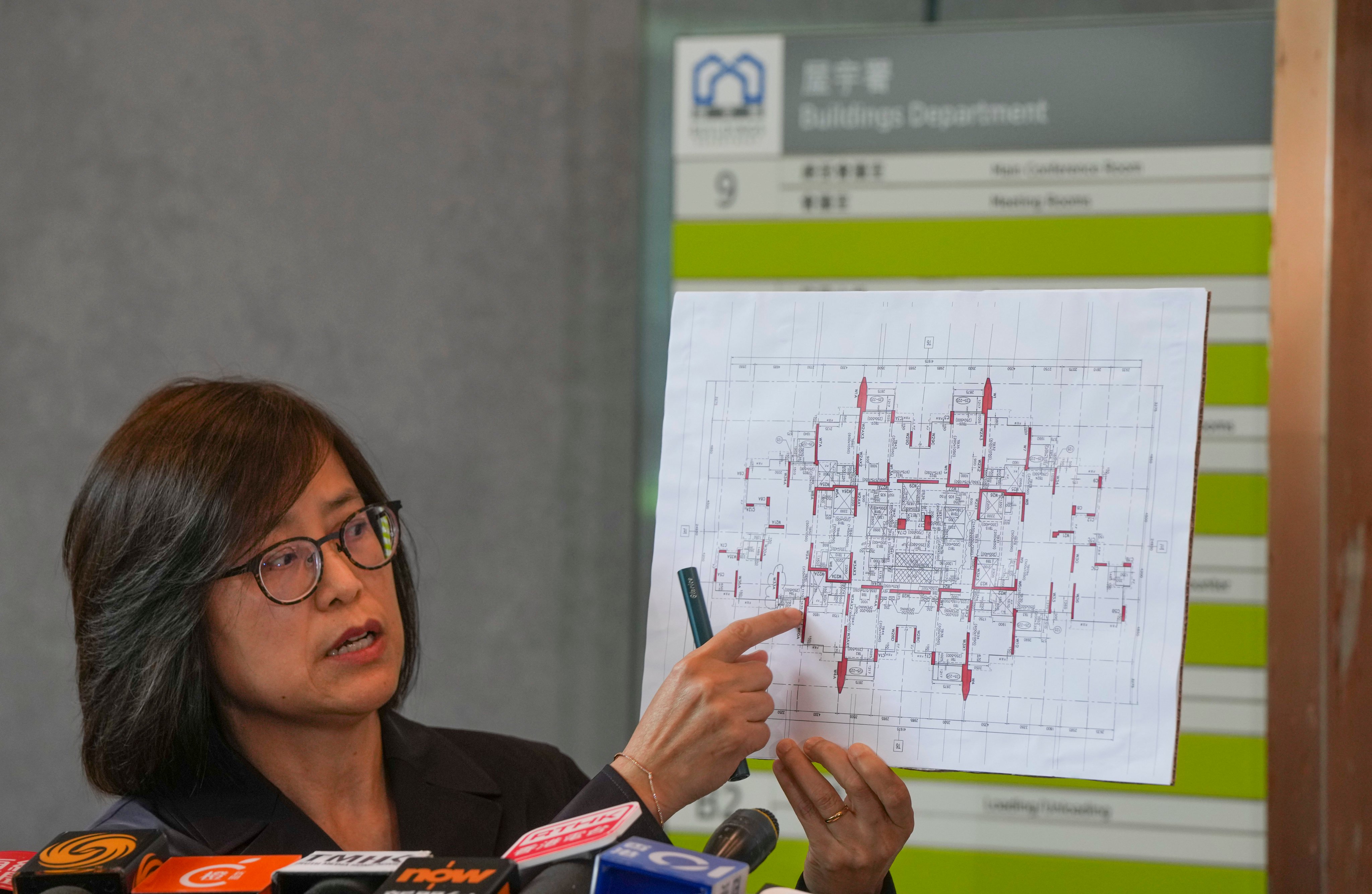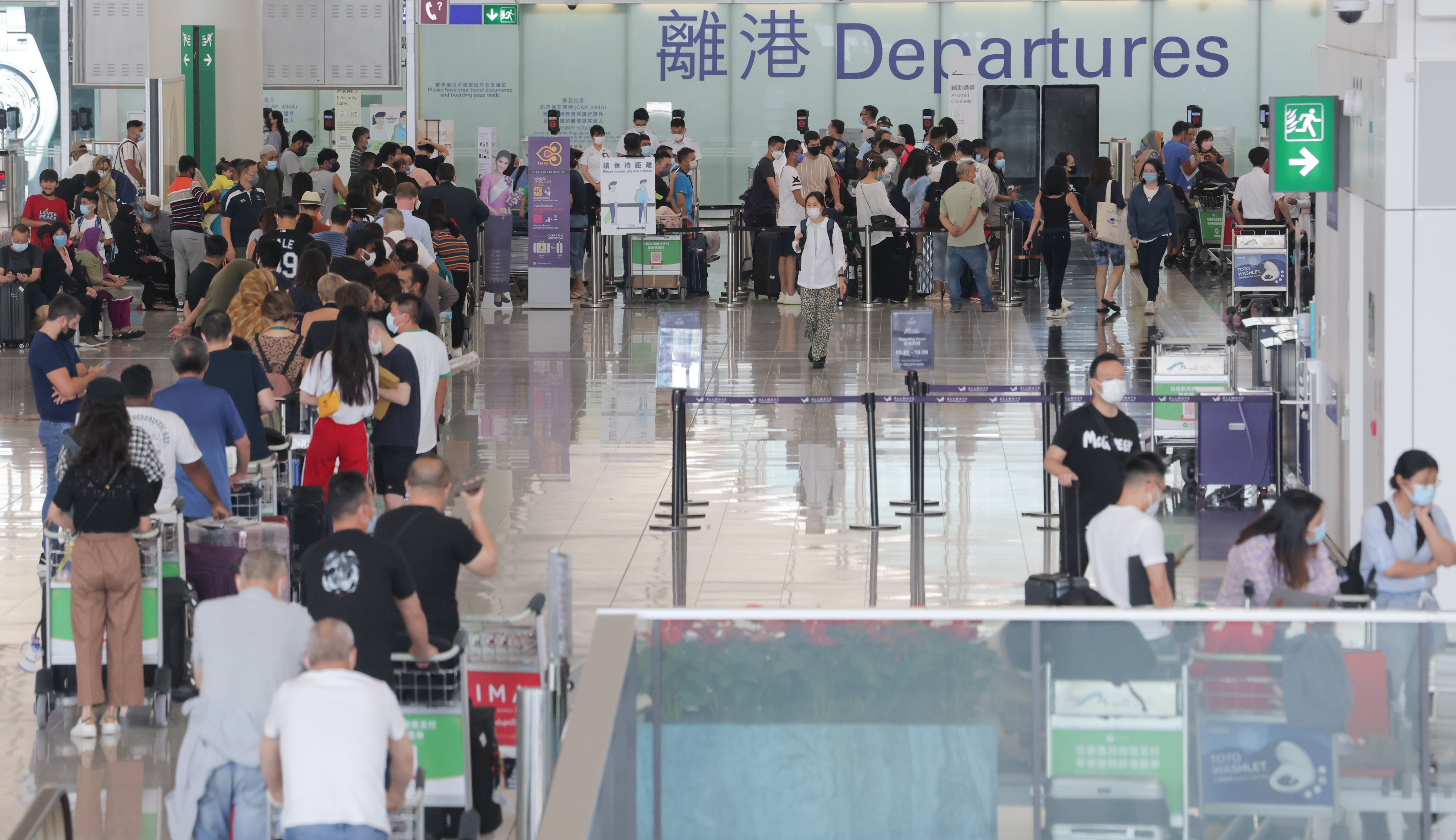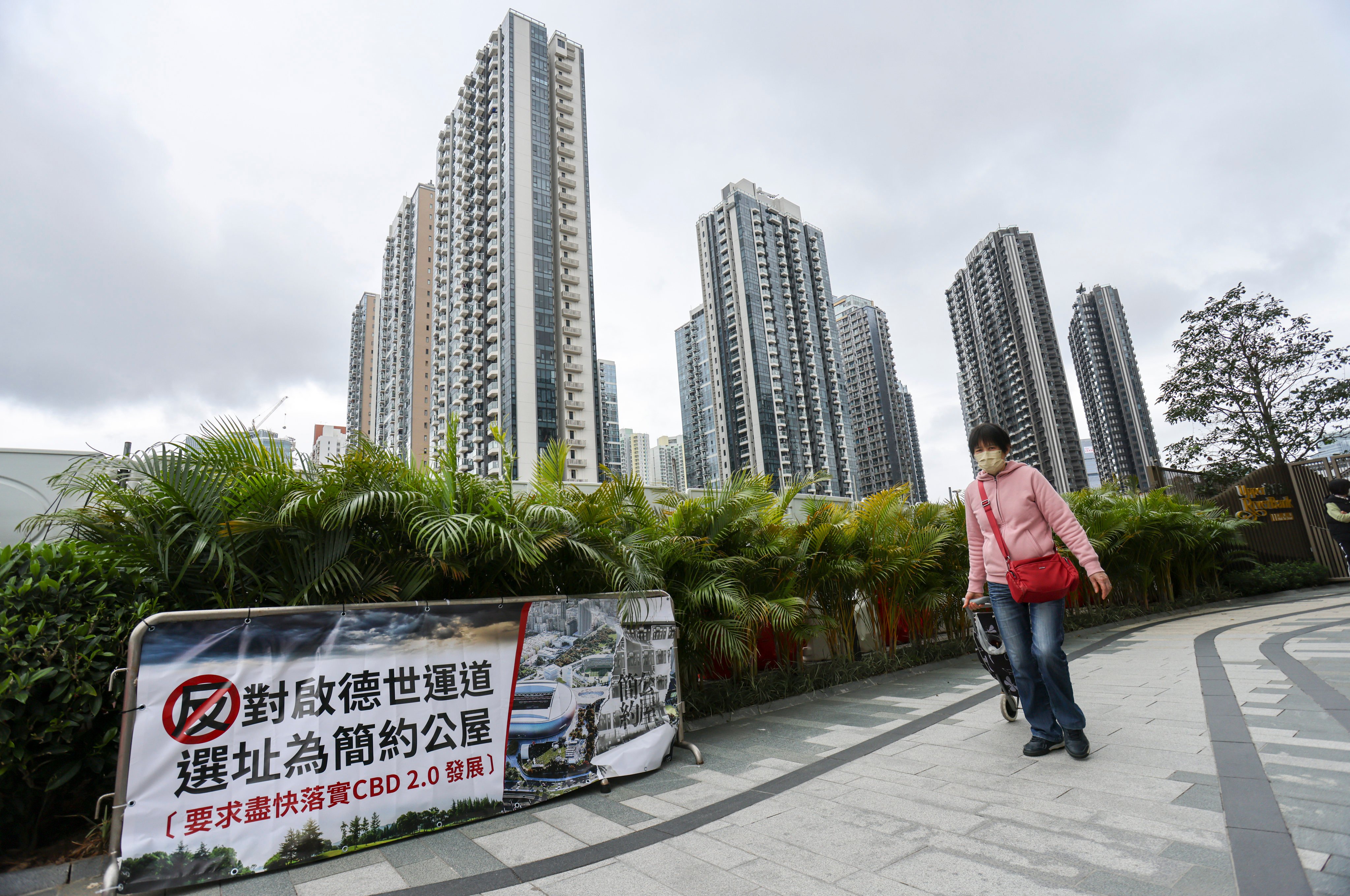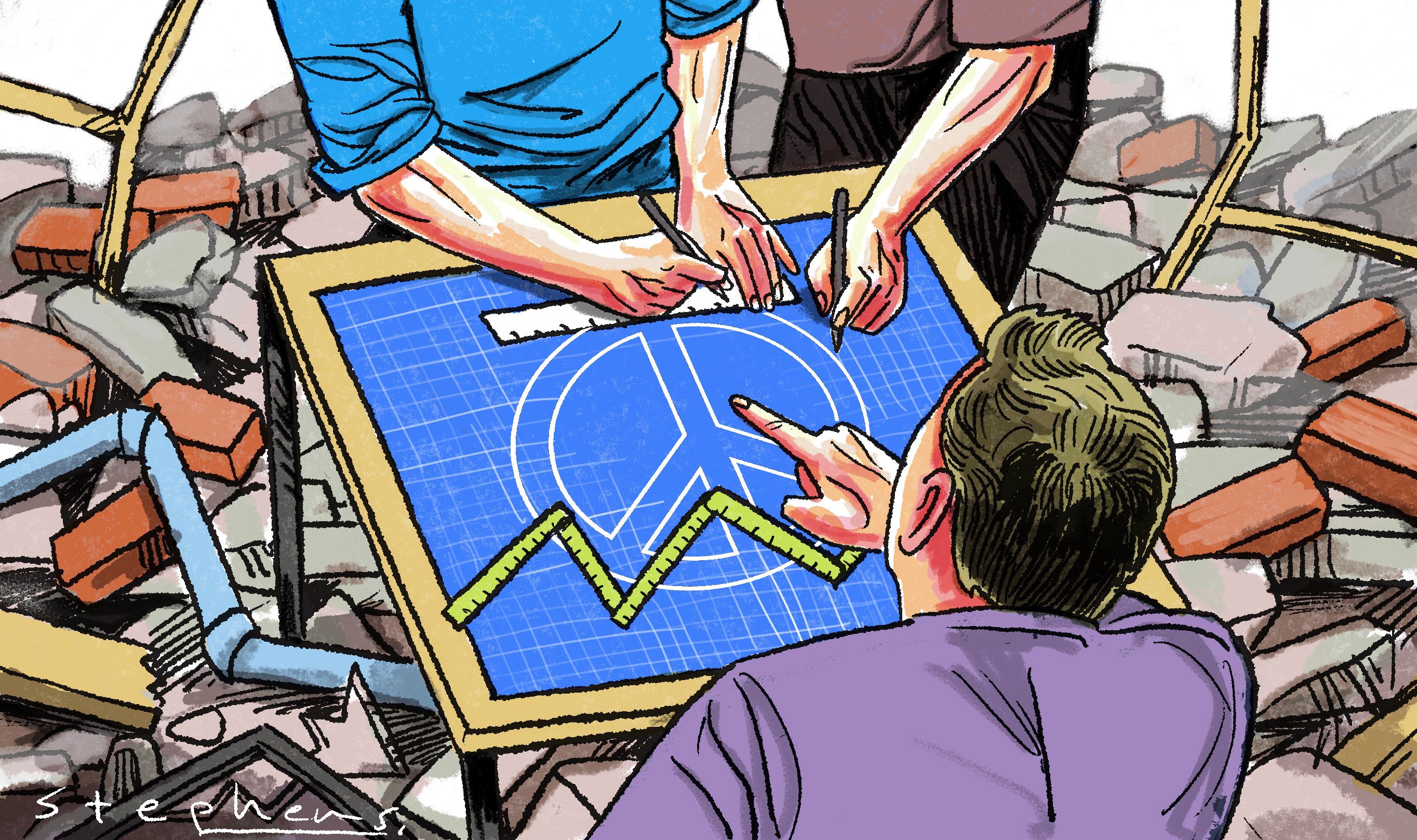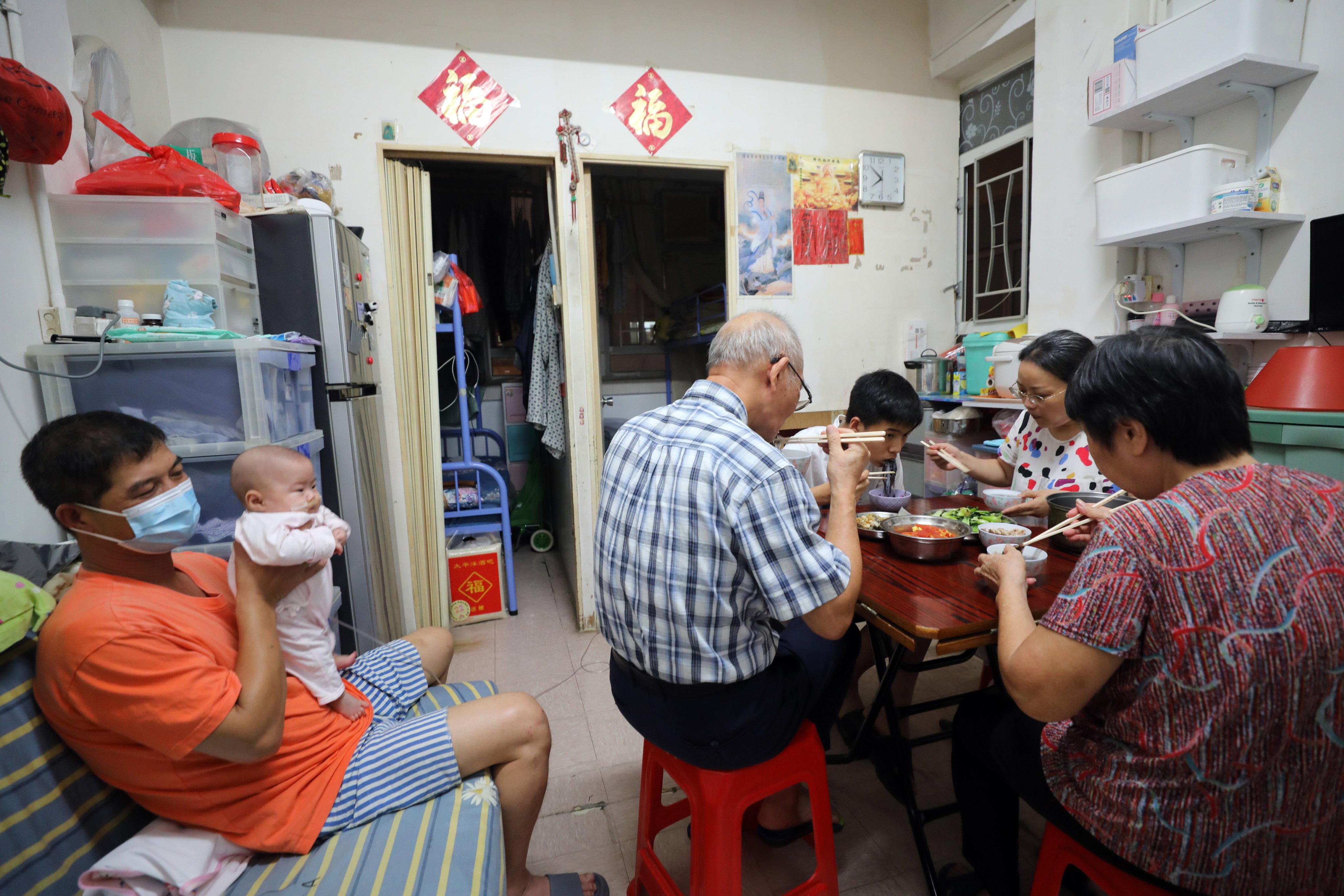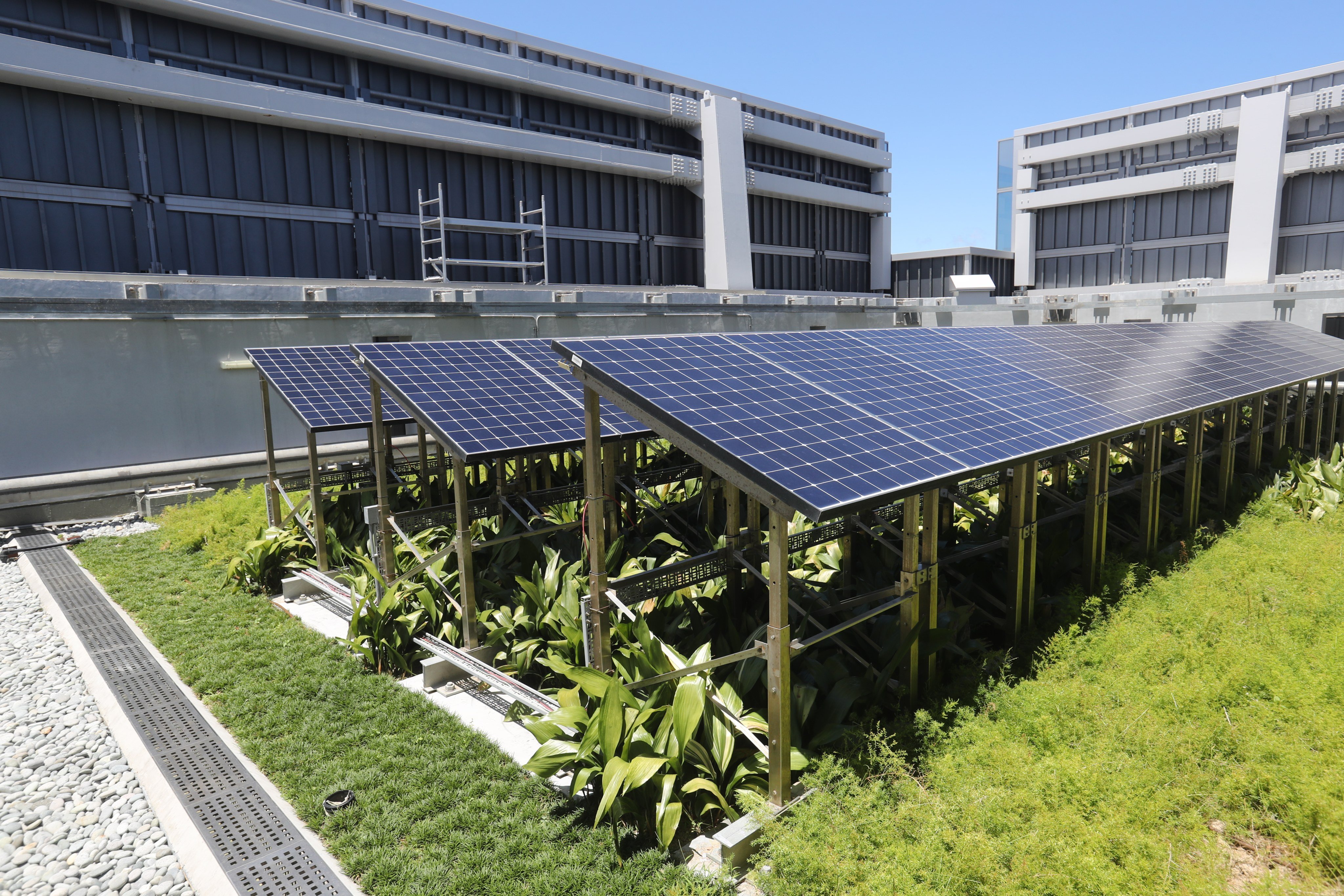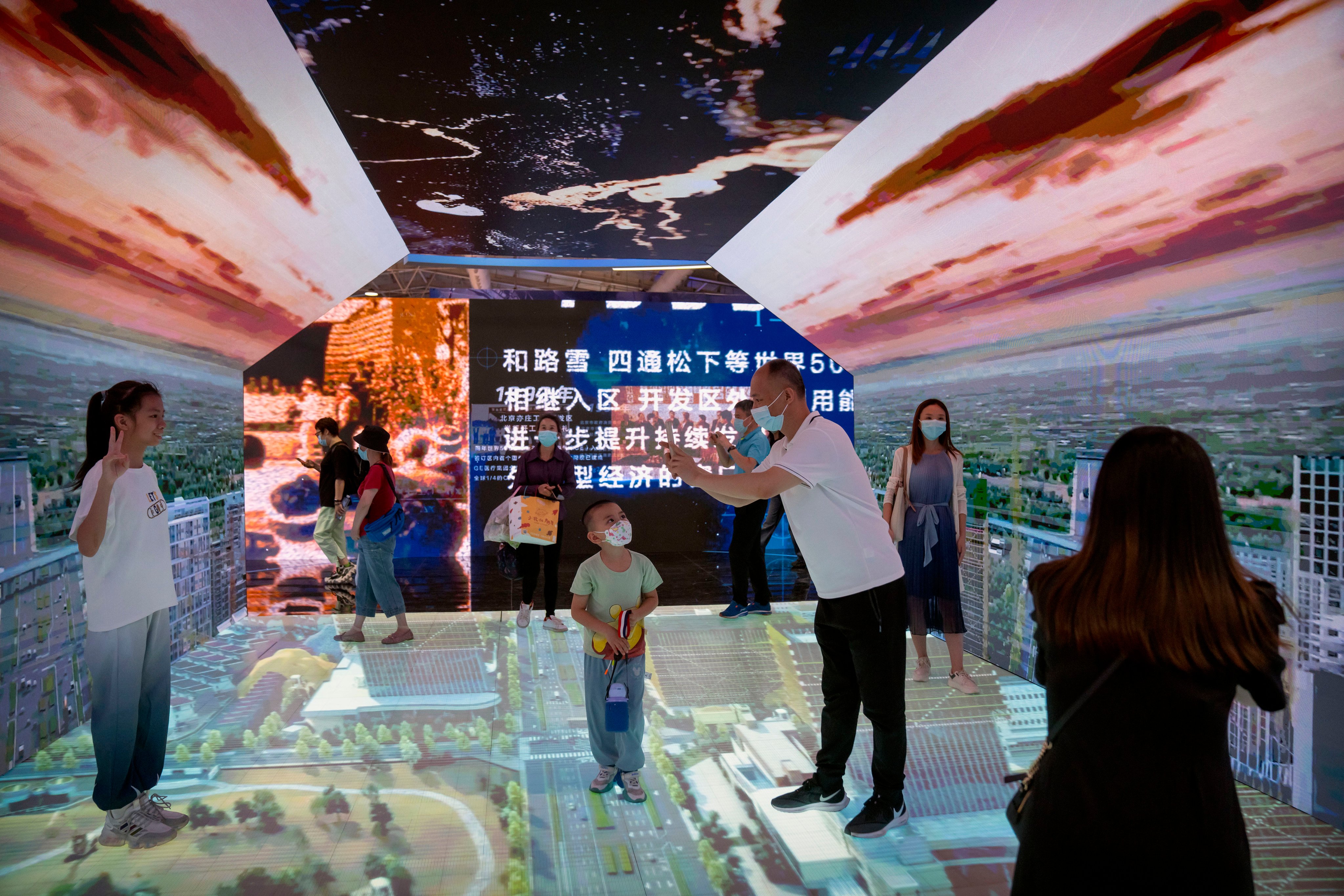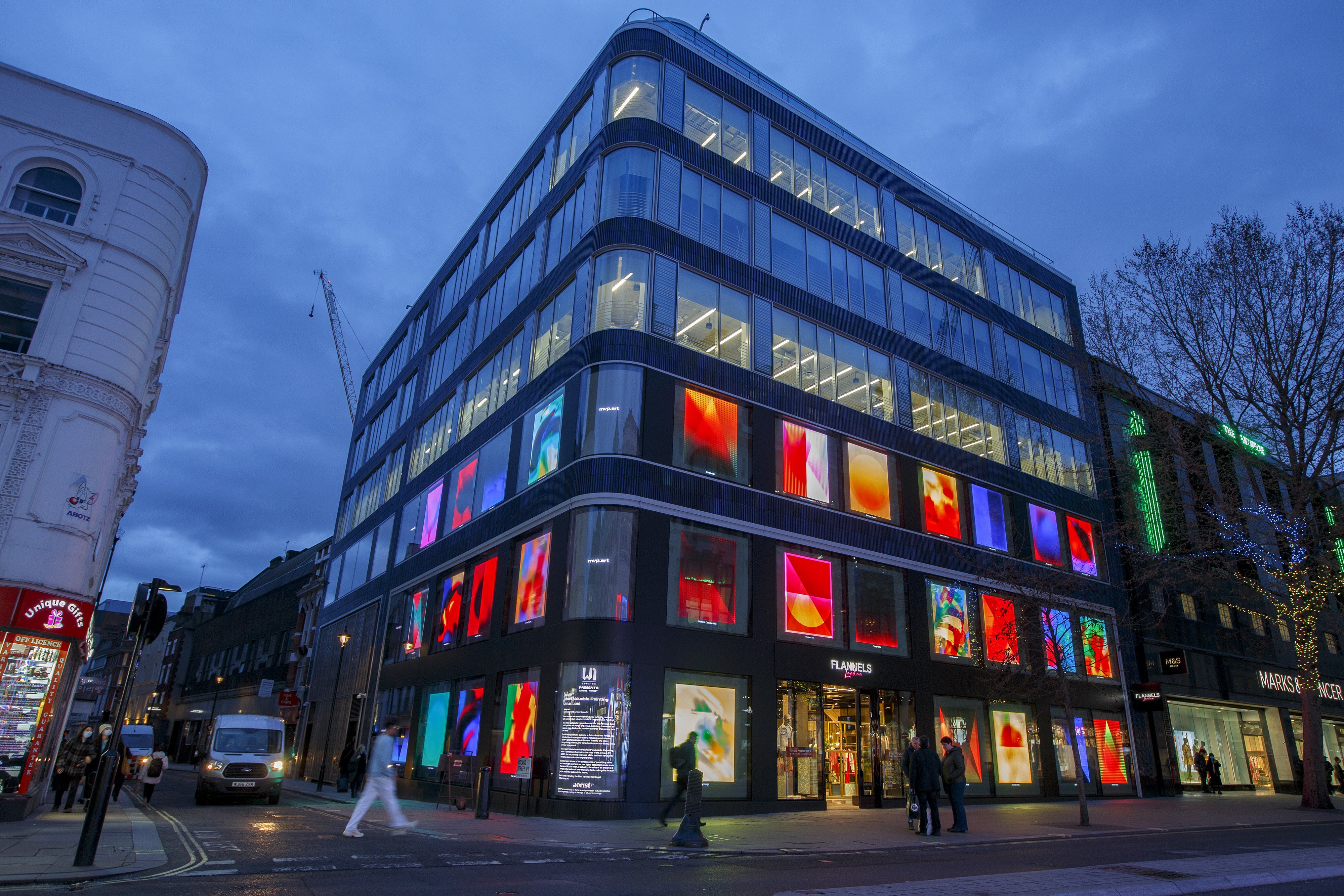Advertisement
Advertisement

Dennis Lee
Dennis Lee is a Hong Kong-born, America-licensed architect with years of design experience in the US and China. Dennis earned his bachelor's and master's degrees in architecture at UC Berkeley and Columbia University, and worked for Frank Gehry and Swire Properties prior to founding ARCHITECTURE:INNOVATIV in Hong Kong.
We must not start spending taxpayers’ money until we know what we truly need from the low-altitude economy and the goals we intend to achieve.
Rather than worry about how to get people home after an event, Hong Kong must figure out how to attract loyal crowds to the new stadium.
There is no reason ending the shame of subdivided flats and cage homes should be on the same timeline as humans colonising Mars.
The government need not blindly back development projects but instead match enterprises who need work with communities who need help.
Advertisement
I felt neither British nor Chinese growing up in Hong Kong. Travelling the world and living in Beijing helped me find my bearings.
If Hong Kong wants to breathe new life into its tourism fortunes, it must tap the best minds in the industry and their vast experience.
M+ exhibition is a must-see, not only for artists and architects but anyone who believes in old-school meritocracy and celebrating diversity.
Ride-hailing services like Uber offer cleaner, more efficient urban transport which cut the need for car ownership and therefore traffic and pollution. Uber is not the ultimate answer but it is the right step
The latest wake-up call was a deadly fire in a 60-year-old building that had failed to comply with fire safety orders for years. One way to solve the problem is for the authorities to directly engage contractors to carry out repairs and then charge building owners a high premium.
It can be hard to evaluate a company’s environmental, social and corporate governance amid the profusion of standards. But there is always integrity, accountability and humility to fall back on.
With one in two Hongkongers locked out of the property market despite falling prices, it’s time to move towards the Singapore model of providing public housing for more people, not only the poor. We can start by improving the design and quality of public housing, and allowing more Hongkongers to be eligible.
Redevelopment decisions should not be taken lightly, especially with regard to the iconic Choi Hung Estate and Tai Hang Sai Estate, an architectural gem. We should cherish the buildings people are already celebrating and preserve them, while finding meaning and beauty in everyday architecture.
With a large budget deficit, Hong Kong should re-evaluate projects such as the Kau Yi Chau artificial islands to avoid costly but underused infrastructure like the Kai Tak Cruise Terminal and Hong Kong-Zhuhai-Macau Bridge.
How can the Northern Metropolis instigate growth for the rest of Hong Kong? One approach would be to fully realise the vision for former ‘new towns’ such as Tai Po while developing a knowledge and tech corridor connecting Hong Kong’s universities.
True creativity involves considering the entire life cycle when designing products, ensuring all that remains after use are ‘nutrients’, either for nature or other products. But the government must educate, invest and work with manufacturers.
With all due respect to chairman Henry Tang, land is not the only funding resource here and relying on it is not thinking out of the box.
Maintaining the city’s ageing buildings is a costly and complex process involving multiple parties. It is also closely related to urban renewal, and the Urban Renewal Authority must take a lead to improve the living conditions of people in run-down areas
The skyscrapers along Victoria Harbour have long epitomised the city’s financial power. However, with employees less keen to head to the office and interest in sustainable, green and walkable neighbourhoods growing, the emphasis on tall buildings in central business districts is misplaced.
Hong Kong’s construction sector has the tools, skills and experience to do high-quality work, so why are there still so many reports of slipshod projects? The culprit is the persistent mentality of doing just enough to get by – a mindset the government must help banish from the industry.
Supporting more public housing does not mean we have to bulldoze what the elite have built, just as advocating for the golf course does not mean we are ignoring those in need. Officials should be looking for creative alternatives and realise that a U-turn would show how much we have evolved.
The phenomenon claims everyone from government officials to New Territories villagers. While keeping safety paramount, it may be time to update building regulations to offer room for creativity.
A study found that 99.5 per cent of large-scale projects globally fail to meet timelines, budgets and objectives but Gehry’s projects do – because he retains control. Problems start when decisions are exclusively made by those who don’t know the design best
Hong Kong’s policies on talent are confusing, with moves to import workers sitting alongside telling local youth to go elsewhere for career opportunities. Leaders should focus on restoring an environment in which people can earn a good living and not fuss over comparisons with other countries and cities.
Generative AI can produce art and design much faster and more perfectly than humans ever could. But it may be too reliant on biased search results from the internet, and it can never come up with truly great art – because it cannot feel like humans do.
Kai Tak protest highlights the challenges of the ‘light public housing’ project, which is now neither cheap nor quick. Far better to repurpose decommissioned quarantine units, which are also modular, and focus on the real mission – permanent public housing.
While builders try to organise and advance society in an orderly manner, war disrupts and sets back the effort, often in the name of building a better world. We should keep building for mutual growth and benefit whether in good times or bad as this is how we move forward.
Building more efficiently would minimise waste and maximise space. And when we understand that the most essential things are not material goods taking up space, we can re-evaluate how much living area we really need.
Landscaping and other green design features are not just pleasing to the eye but can reduce buildings’ overall heat gain, lowering the need for air conditioning. While not a panacea, green design features can limit damage to the environment, bring safety and comfort to users and cut energy consumption.
There is much interest and investment going into the metaverse’s long-term development, but its usefulness beyond escapism is unclear. If innovation is meant to improve our lives, the metaverse must show how it can help solve real-world problems.
While there is value in keeping up with the times and being open to new ideas, we should also question the merits of innovation claims. We should look for sensible uses of technology to improve our lives and not rush blindly to embrace the latest meaningless trend.

